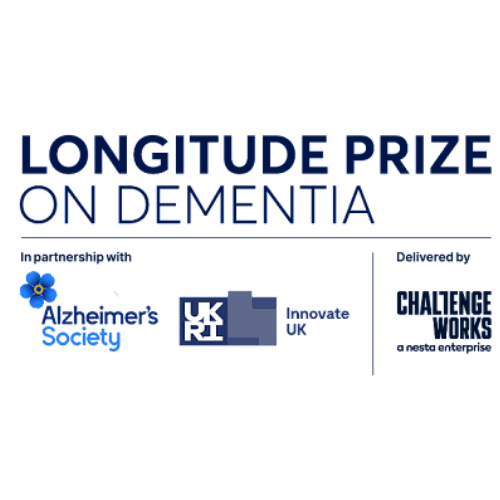Alzheimer’s disease and dementia are complex neurological conditions that affect millions of people worldwide. Among the myriad challenges posed by these diseases, one particularly challenging phenomenon is sundowning. Sundowning refers to the increased confusion, agitation, and behavioral changes that often occur in individuals with Alzheimer’s and dementia during late afternoon and early evening hours. This unsettling phenomenon can be distressing for both individuals with the condition and their caregivers. In this blog, we will explore sundowning, its impact, and how Memory Lane Games can be a valuable tool in improving cognitive function for those affected by Alzheimer’s and dementia. Understanding Sundowning Sundowning is a term used to describe a range of symptoms and behaviors that tend to worsen as the day transitions into evening. These symptoms may include:
- Increased Agitation: People with Alzheimer’s and dementia may become more anxious, irritable, or agitated during the late afternoon and evening hours.
- Confusion: Sundowning often leads to heightened confusion and disorientation. Individuals may have difficulty recognizing familiar faces or places.
- Restlessness: Restlessness and pacing are common behaviors associated with sundowning. Some individuals may exhibit wandering tendencies.
- Mood Changes: Mood swings, such as sadness or anger, are frequently observed during sundowning episodes.
- Hallucinations and Delusions: In some cases, individuals may experience hallucinations or delusions, which can be particularly distressing for them and their caregivers.
The Impact of Sundowning Sundowning can have a significant impact on the quality of life for individuals with Alzheimer’s and dementia, as well as their caregivers. It can lead to increased caregiver stress and burnout, making it challenging to provide proper care and support. Additionally, sundowning can disrupt sleep patterns, further exacerbating cognitive and behavioral issues. Facts and Statistics about Sundowning To understand the prevalence and significance of sundowning, consider the following facts and statistics:
- Approximately 20-45% of people with Alzheimer’s experience sundowning symptoms, making it a common occurrence in this population.
- Sundowning often occurs in the middle to late stages of Alzheimer’s disease and other forms of dementia.
- It can be challenging to pinpoint the exact cause of sundowning, but factors such as changes in lighting, fatigue, and medication side effects may contribute to its onset.
Memory Lane Games: Illuminating the Path Forward Memory Lane Games is an innovative approach to supporting individuals with Alzheimer’s and dementia by harnessing the power of interactive and therapeutic digital application. This application has been designed to engage cognitive functions and stimulate memory recall, providing a source of enjoyment and mental exercise. Here’s how Memory Lane Games can make a positive impact on individuals experiencing sundowning and other cognitive challenges:
- Cognitive Stimulation: Memory Lane Games offer a variety of activities that encourage cognitive engagement. Puzzles, memory games, and trivia can help maintain mental sharpness and memory function.
- Emotional Connection: These games often incorporate familiar themes and experiences, fostering emotional connections and nostalgia, which can be particularly comforting for those with Alzheimer’s and dementia.
- Distraction and Relaxation: Memory Lane Games can provide a positive diversion during periods of agitation or restlessness, helping to alleviate sundowning symptoms.
- Social Interaction: Many of these games can be played with caregivers or in a group setting, promoting social interaction and reducing feelings of isolation.
Learn More About How We Can Help! Sundowning in Alzheimer’s and dementia is a challenging phenomenon that can have a profound impact on individuals’ well-being and their caregivers’ stress levels. While there is no one-size-fits-all solution, Memory Lane Games offer a promising avenue for improving cognitive function and enhancing the overall quality of life for those affected by these conditions. By providing cognitive stimulation, emotional connection, and a means of distraction and relaxation, Memory Lane Games illuminate a path toward a more fulfilling and engaging life, even in the face of sundowning and dementia-related challenges.
























